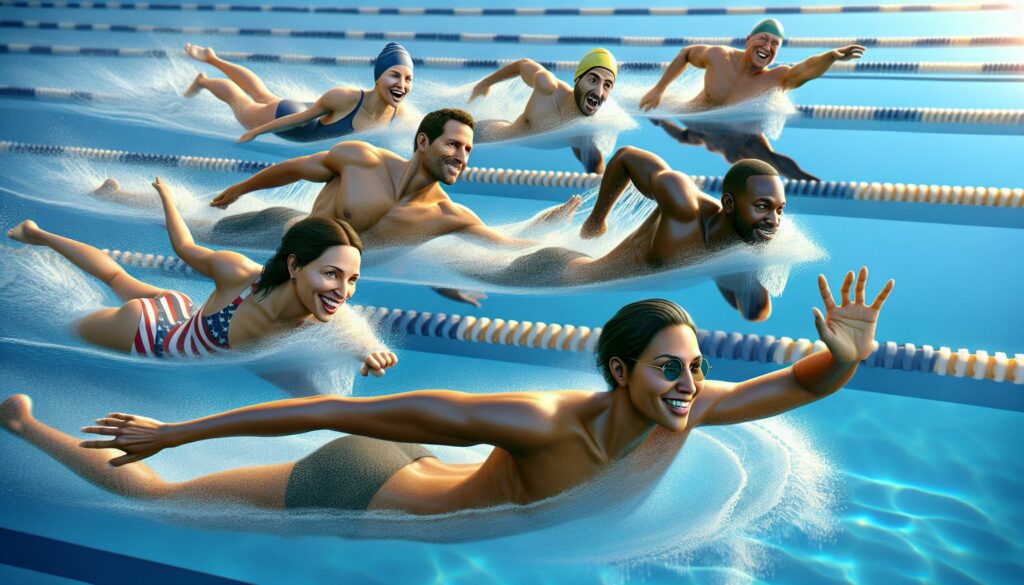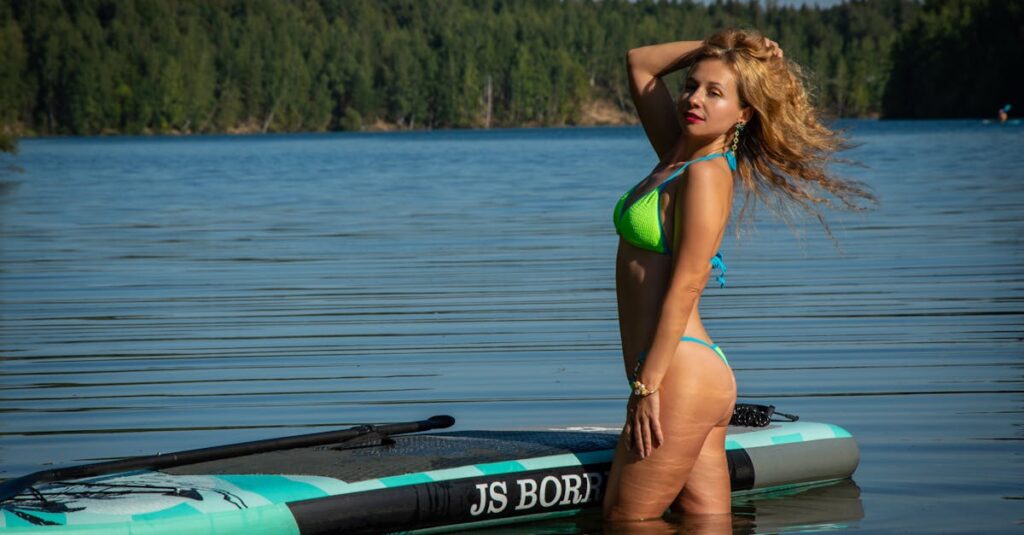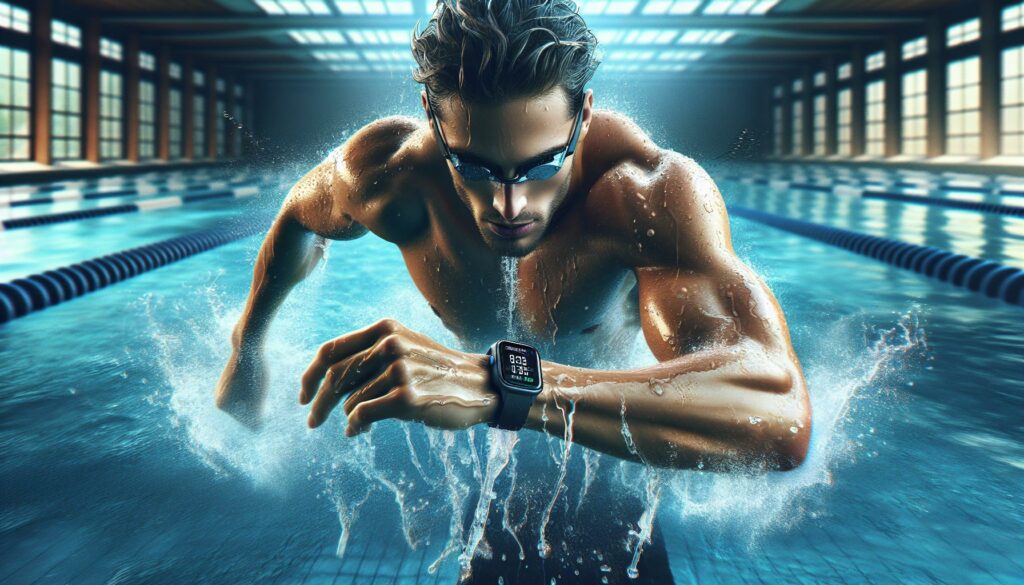When I think about swimming, a world of fluid movement and freedom comes to mind. It’s not just about splashing in the water; it’s an experience that can be captured in various ways. Exploring synonyms for swimming not only enriches our vocabulary but also deepens our appreciation for this invigorating activity.
Key Takeaways
- Enhanced Vocabulary: Exploring synonyms for swimming enriches language skills, allowing for more nuanced descriptions of aquatic activities.
- Diverse Experiences: Terms like gliding, paddling, floating, diving, and surfing each convey unique aspects of swimming, reflecting its varied experiences.
- Context Matters: The choice of synonym can change the perception of the swimming activity, whether in recreational or competitive contexts.
- Improved Clarity: Using synonyms enhances writing clarity and precision, preventing repetition and engaging readers more effectively.
- Deepened Appreciation: Understanding swimming synonym fosters a greater appreciation for the skill and joy involved in aquatic activities.
Swimming Synonym
Swimming, as an activity, encompasses various forms and styles. Exploring synonyms for swimming helps expand my vocabulary and deepen my understanding of the nuances involved. Here are some well-known synonyms:
- Gliding: This term highlights the smooth, effortless motion often associated with swimming. Gliding evokes imagery of a fish moving swiftly through water.
- Paddling: Paddling refers to using hands or feet to propel oneself in the water. It encompasses both recreational activities and a playful interaction with water.
- Floating: Floating describes the ability to remain suspended on the water’s surface. It illustrates a state of relaxation, often enjoyed during leisurely moments.
- Diving: Diving signifies entering the water headfirst. It introduces an element of excitement and thrill, emphasizing both skill and grace.
- Surfing: Surfing combines swimming with riding waves. It represents a dynamic aspect of swimming, showcasing the excitement of the ocean and the skill required to navigate it.
Utilizing these synonyms enriches both communication and personal enjoyment of swimming. Each term holds its unique connotation, reflecting the varied experiences one can encounter in aquatic environments.
Common Synonyms for Swimming
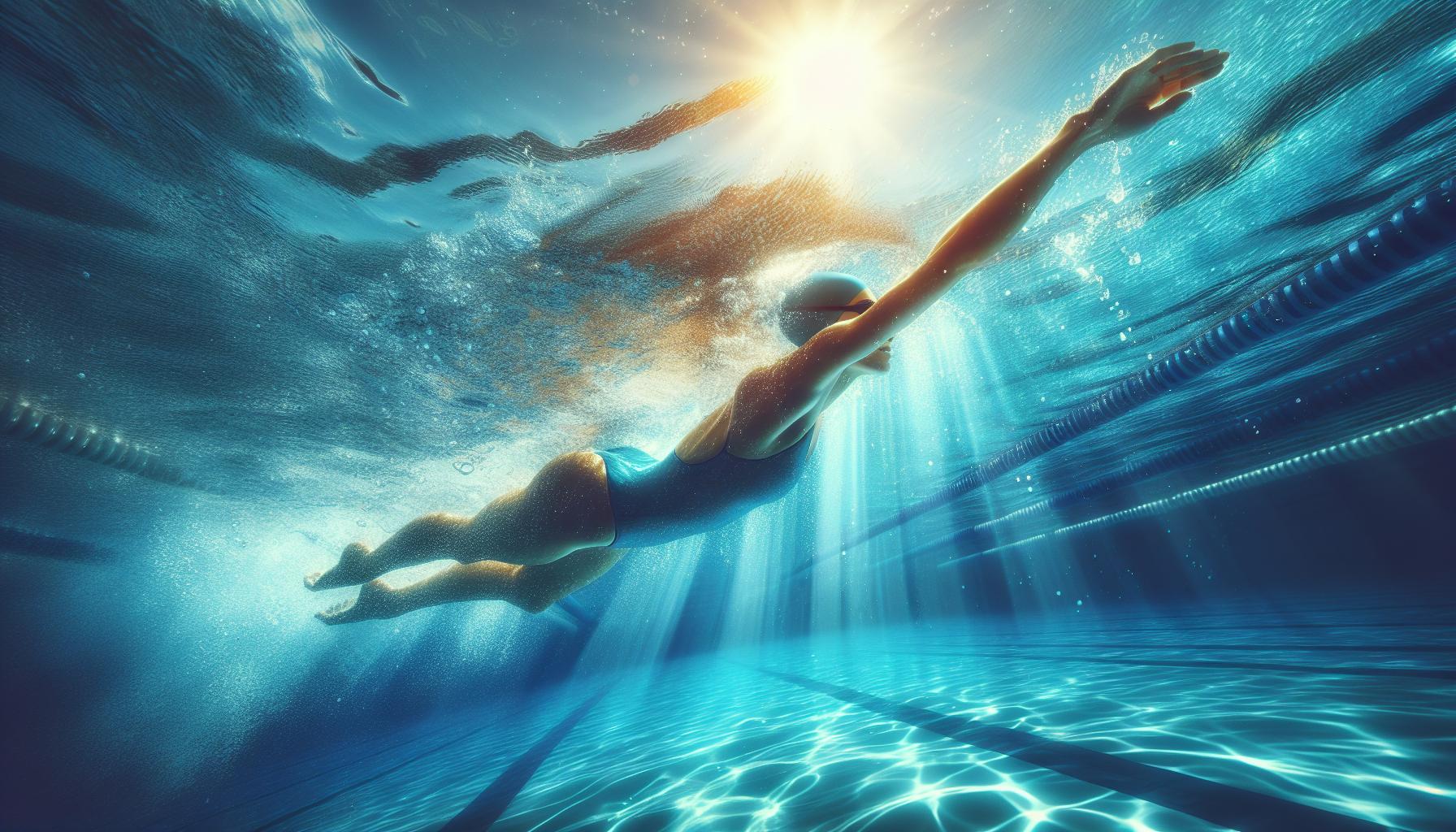
Exploring synonyms for swimming enhances vocabulary and appreciation for this invigorating activity. Here are some common terms that reflect different aspects of swimming.
Gliding Through Water
Gliding through water describes a smooth, effortless movement. This term evokes the image of a swimmer moving with grace and minimal resistance. It’s often associated with styles such as freestyle or butterfly, where the body flows fluidly, cutting through the water.
Floating
Floating refers to the buoyant state of resting on or near the surface of the water. This term highlights relaxation and tranquility in swimming. Floating requires minimal energy and enables a swimmer to enjoy the surroundings while remaining stable. It serves as a fundamental skill for all swimmers, essential for safety and comfort.
Diving
Diving involves jumping into water, typically from a higher platform. This term encompasses various styles, such as competitive diving or recreational plunges. Diving emphasizes both skill and thrill, often showcasing acrobatic movements before entering the water. It adds excitement and challenge to the swimming experience.
Contextual Uses of Swimming Synonyms

Understanding swimming synonyms enhances communication about different dimensions of the activity. Context shapes how these terms express the experience and skill involved.
Recreational Context
In recreational settings, terms like “paddling” and “floating” capture the experience of leisure on the water. Paddling conveys a playful engagement with aquatic environments, common in activities like kayaking or stand-up paddleboarding. Floating emphasizes relaxation, ideal for sunbathing or enjoying calm waters. Using these synonyms clarifies intentions while engaging in leisurely activities, helping convey the mood and energy of water-related pastimes.
Competitive Context
In competitive contexts, synonyms such as “gliding” and “diving” highlight the precision and athleticism of the sport. Gliding describes the smooth, streamlined movement crucial in races like freestyle, where efficiency determines success. Diving signifies an athlete’s ability to enter the water from various heights with skill and style, showcasing technical prowess in competitions. These synonyms reflect the intensity and dedication found in competitive swimming, underlining the importance of technique and performance in this professional realm.
Benefits of Using Synonyms in Writing
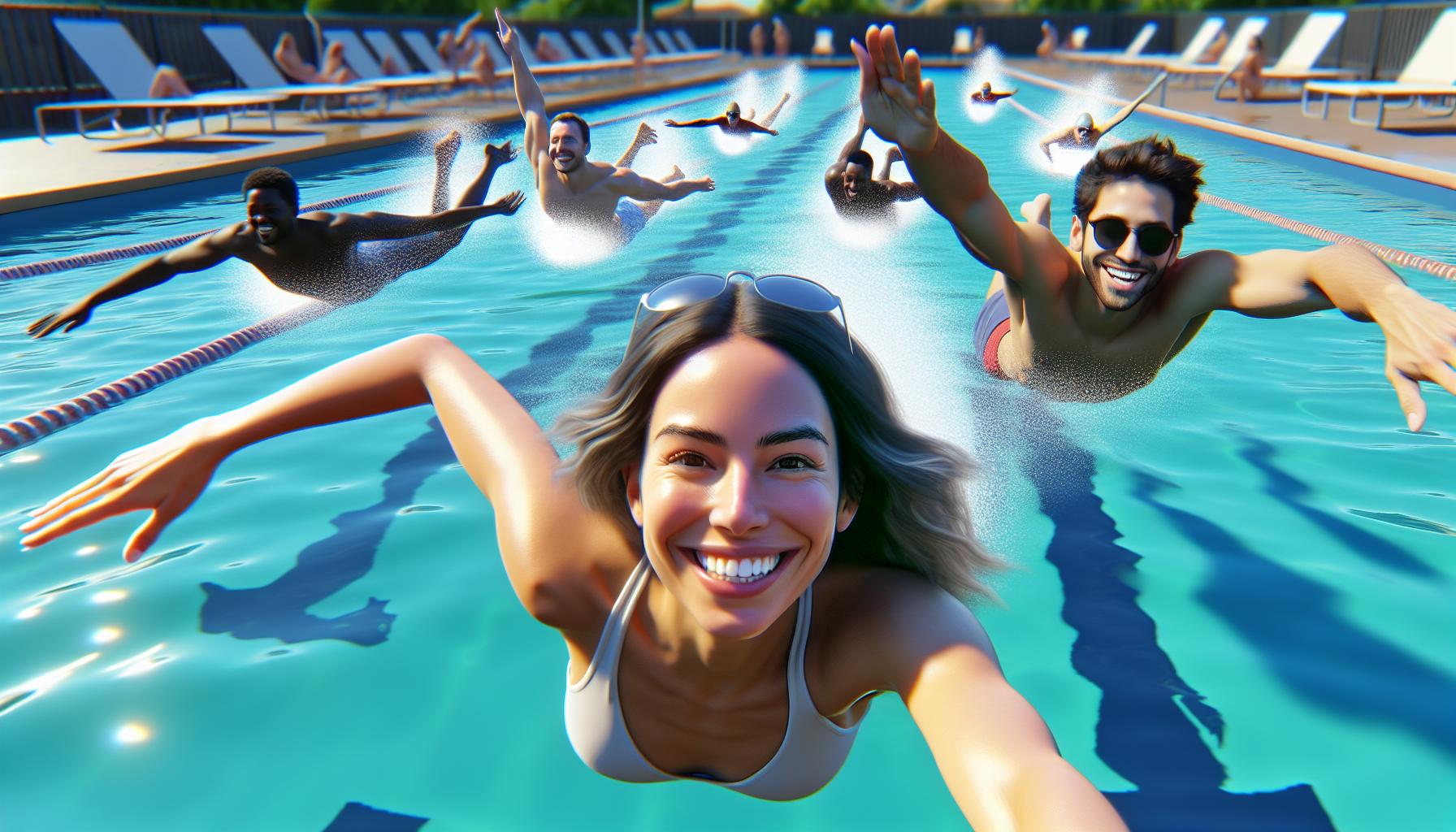
Using synonyms enriches writing by enhancing clarity and precision. Utilizing varied terms allows for better expression of different swimming experiences. When I swap out common words like “swimming” for synonyms, I capture nuances that convey specific actions and feelings.
Increased vocabulary comes from using synonyms, helping me articulate thoughts more effectively. A diverse word choice keeps readers engaged and interested. Instead of repeatedly using “swimming,” I can incorporate “paddling,” “gliding,” or “diving,” providing a more vivid picture of the activity.
Improved readability results from utilizing synonyms. A mixture of terms prevents monotony, maintaining the reader’s attention throughout the text. By showcasing the dynamic nature of swimming through synonyms, I make my writing more compelling.
Fine-tuning context with synonyms enhances communication about specific swimming styles or emotions. Each synonym carries unique connotations that reflect different scenarios. By understanding these distinctions, I convey precise meanings that resonate with my audience.
Overall, synonyms help me articulate the rich tapestry of the swimming experience. By employing them thoughtfully, I elevate my writing, foster deeper connections with readers, and promote an appreciation for the art of swimming.
Invigorating Activity
Exploring synonyms for swimming has opened up a world of expression and appreciation for this invigorating activity. Each term captures unique facets of the experience from the tranquility of floating to the thrill of diving. By using varied vocabulary I can communicate more effectively and engage my audience on a deeper level.
Embracing these synonyms not only enriches my writing but also enhances my understanding of swimming as a multifaceted experience. Whether I’m sharing the joy of a leisurely paddle or the excitement of competitive strokes, these words help me convey the essence of swimming in a more vibrant and relatable way.

